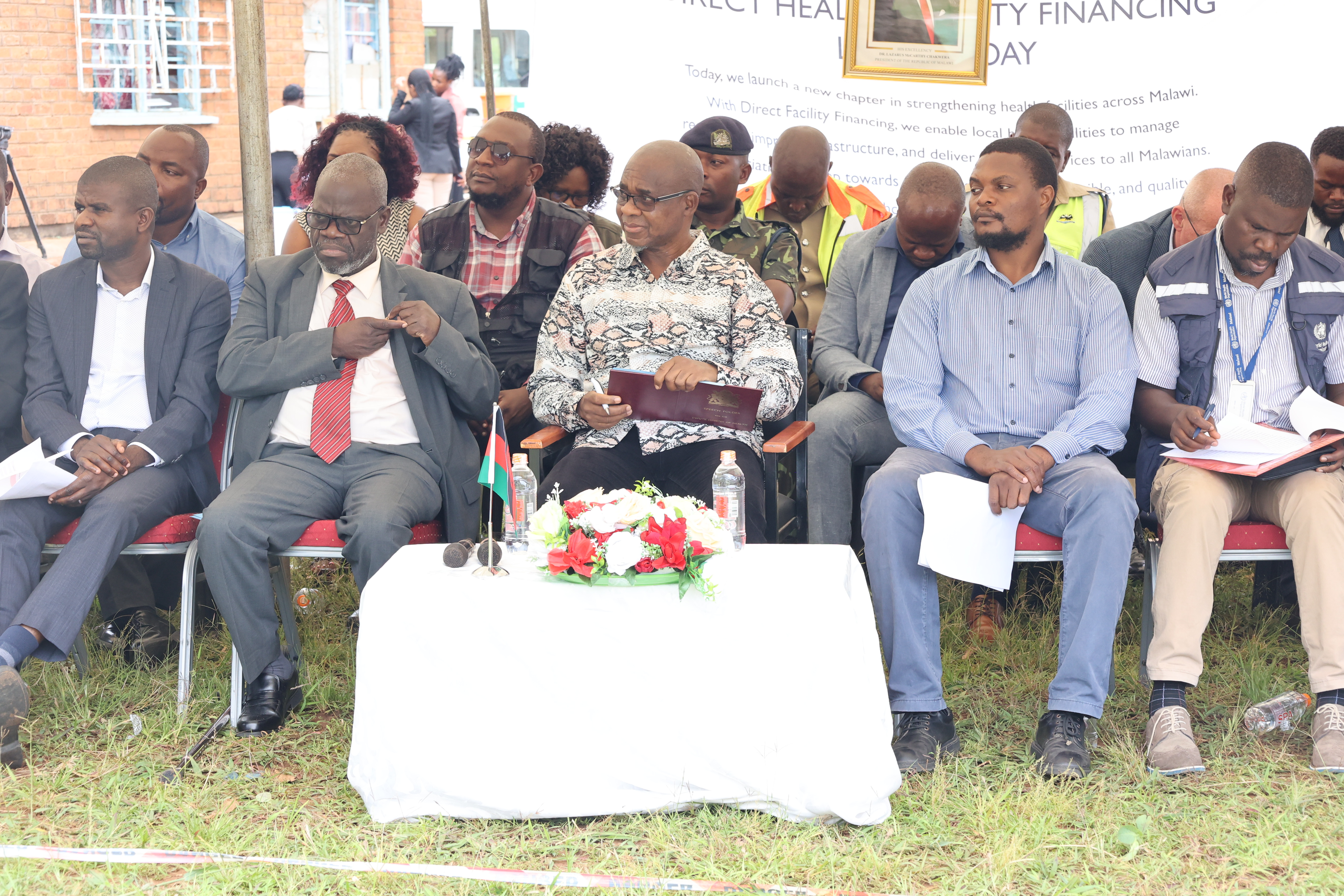Blogs

Through the Advancing Domestic Health Financing (ADHF) project, the African Institute for Development Policy (AFIDEP) and the Partners in Population and Development Africa Regional Office (PPD-ARO), equipped civil society organisations (CSOs) in Malawi with SMART advocacy skills, enhancing their ability to engage in health financing policy discussions strategically. This capacity-building initiative bore fruit as the trained CSOs meaningfully contributed to formulating Malawi’s 2025/26 national budget during pre-budget consultations organised by the Ministry of Finance and Economic Affairs.
Following a SMART advocacy training held in September 2024, the CSOs developed targeted strategies to influence budget allocations toward critical health areas such as primary health care (PHC); reproductive, maternal, newborn, child, and adolescent health (RMNCAH); and HIV, malaria, and tuberculosis co-financing agreements. Recognising the strategic opportunity presented by the pre-budget consultations, AFIDEP supported these CSOs in crafting a unified budget contribution statement, ensuring that their priorities and evidence-based recommendations were formally included in national policy discussions.
The Ministry of Health had consistently noted funding constraints, especially to implement 11 game-changing reforms in Malawi’s Health Sector Strategic Plan III. A key focus area for the ministry was the Direct Facility Financing reform to strengthen PHC at the district level. This reform remained predominantly donor-funded, with the government contributing only MK200 million, underscoring the urgency of increasing domestic financing for sustainable health improvements.
The CSOs’ contribution was further informed by an analysis of the 2024/25 health budget, which revealed a budgetary shortfall of MK73 billion in the health sector. This gap highlighted critical funding deficits in essential medicines, medical equipment, health worker training, and co-financing agreements with global health partners. In response, the CSOs called for increased investment in sexual and reproductive health programmes, including prioritizing family planning commodities, expanding the Direct Facility Financing mechanism, and establishing a Health Fund with sustainable financing sources. They also advocated for the timely disbursement of allocated funds, the clearance of outstanding arrears in the health sector, and the construction of 200 new health posts. The joint budget submission of the CSOs was delivered to the Ministry of Finance on January 28, 2025. In addition, Centre for the development of People (CEDEP) and Network of Journalists Living with HIV (JONEHA) complemented these efforts by engaging the Parliamentary Committee on Health during cluster meetings to reinforce the case for increased investment in the health sector.
These coordinated advocacy efforts led to notable policy outcomes. The Ministry of Health’s budget increased by 8.5%, rising from MK729 billion in 2024/25 to MK791 billion in 2025/26. Funding for family planning commodities increased by 10%, from MK700 million to MK770 million. The allocation for Direct Facility Financing surged by 150%, from MK200 million to MK500 million. The government also committed MK20 billion to construct 55 new health posts. Additionally, the drug budget rose by 25%, reaching MK70 billion, while the vaccine budget grew significantly by 150%, increasing from MK1 billion to MK2.5 billion.
These achievements underscore the power of evidence-based advocacy and strategic engagement. By equipping CSOs with the right tools and platforms, the SMART Advocacy initiative has shaped a more responsive and better domestic-financed health sector in Malawi.

